ESP32 Wifi http get and post method request
To perform HTTP GET and HTTP POST requests on an ESP32, you can use the WiFi and HTTPClient libraries.

Setup Overview
Hardware Requirements:
- ESP32 board.
- Access to a Wi-Fi network.
Libraries:
WiFi.hfor managing Wi-Fi connectivity.HTTPClient.hfor sending HTTP GET and POST requests.
Target URL:
- Replace the placeholders with your desired server's endpoints.
#include <WiFi.h>
#include <HTTPClient.h>
// Replace with your network credentials
const char* ssid = "YOUR_WIFI_SSID";
const char* password = "YOUR_WIFI_PASSWORD";
// Server URL
const char* serverName = "http://jsonplaceholder.typicode.com/posts/1"; // Example API
void setup() {
Serial.begin(115200);
// Connect to Wi-Fi
WiFi.begin(ssid, password);
Serial.println("Connecting to Wi-Fi...");
while (WiFi.status() != WL_CONNECTED) {
delay(1000);
Serial.print(".");
}
Serial.println("\nConnected to Wi-Fi.");
}
void loop() {
if (WiFi.status() == WL_CONNECTED) {
HTTPClient http;
// Start the HTTP GET request
http.begin(serverName);
int httpResponseCode = http.GET();
if (httpResponseCode > 0) {
String payload = http.getString(); // Get the response payload
Serial.println("HTTP Response Code: " + String(httpResponseCode));
Serial.println("Response Payload: " + payload);
} else {
Serial.println("Error on HTTP request: " + String(httpResponseCode));
}
http.end(); // Free resources
} else {
Serial.println("Wi-Fi Disconnected");
}
delay(10000); // Wait for 10 seconds before the next request
}
#include <WiFi.h>
#include <HTTPClient.h>
// Replace with your network credentials
const char* ssid = "YOUR_WIFI_SSID";
const char* password = "YOUR_WIFI_PASSWORD";
// Server URL
const char* serverName = "http://jsonplaceholder.typicode.com/posts"; // Example API
void setup() {
Serial.begin(115200);
// Connect to Wi-Fi
WiFi.begin(ssid, password);
Serial.println("Connecting to Wi-Fi...");
while (WiFi.status() != WL_CONNECTED) {
delay(1000);
Serial.print(".");
}
Serial.println("\nConnected to Wi-Fi.");
}
void loop() {
if (WiFi.status() == WL_CONNECTED) {
HTTPClient http;
// Start the HTTP POST request
http.begin(serverName);
http.addHeader("Content-Type", "application/json"); // Specify content type
// JSON payload for the POST request
String postPayload = "{\"title\":\"foo\",\"body\":\"bar\",\"userId\":1}";
int httpResponseCode = http.POST(postPayload);
if (httpResponseCode > 0) {
String response = http.getString(); // Get the response payload
Serial.println("HTTP Response Code: " + String(httpResponseCode));
Serial.println("Response Payload: " + response);
} else {
Serial.println("Error on HTTP request: " + String(httpResponseCode));
}
http.end(); // Free resources
} else {
Serial.println("Wi-Fi Disconnected");
}
delay(10000); // Wait for 10 seconds before the next request
}

“LVGL is the only framework that I've seen as open source Graphics Library for Microcontrollers. It’s easy to customize, adapts to any design, and the build size is tiny.”
Recent Posts
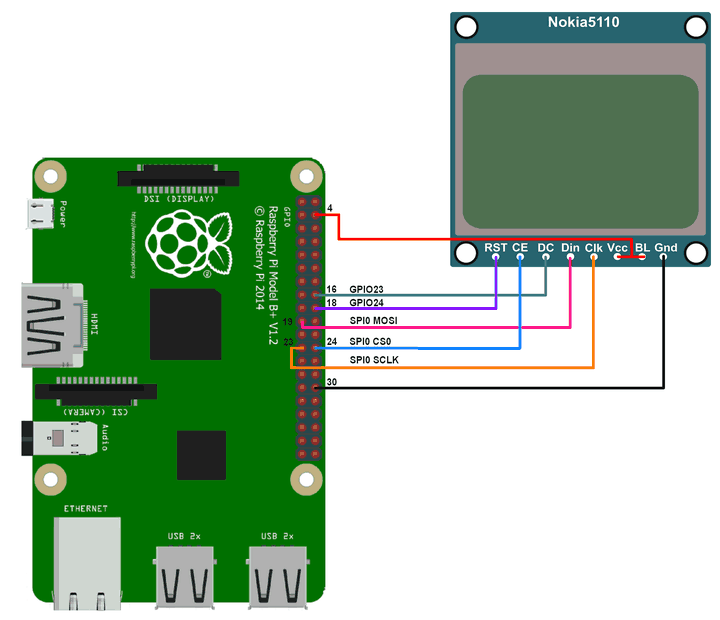
Nokia 5110 LCD with a Raspberry Pi using WiringPi
Nokia 5110 LCD PCD8544 driver with a Raspberry Pi using WiringPi
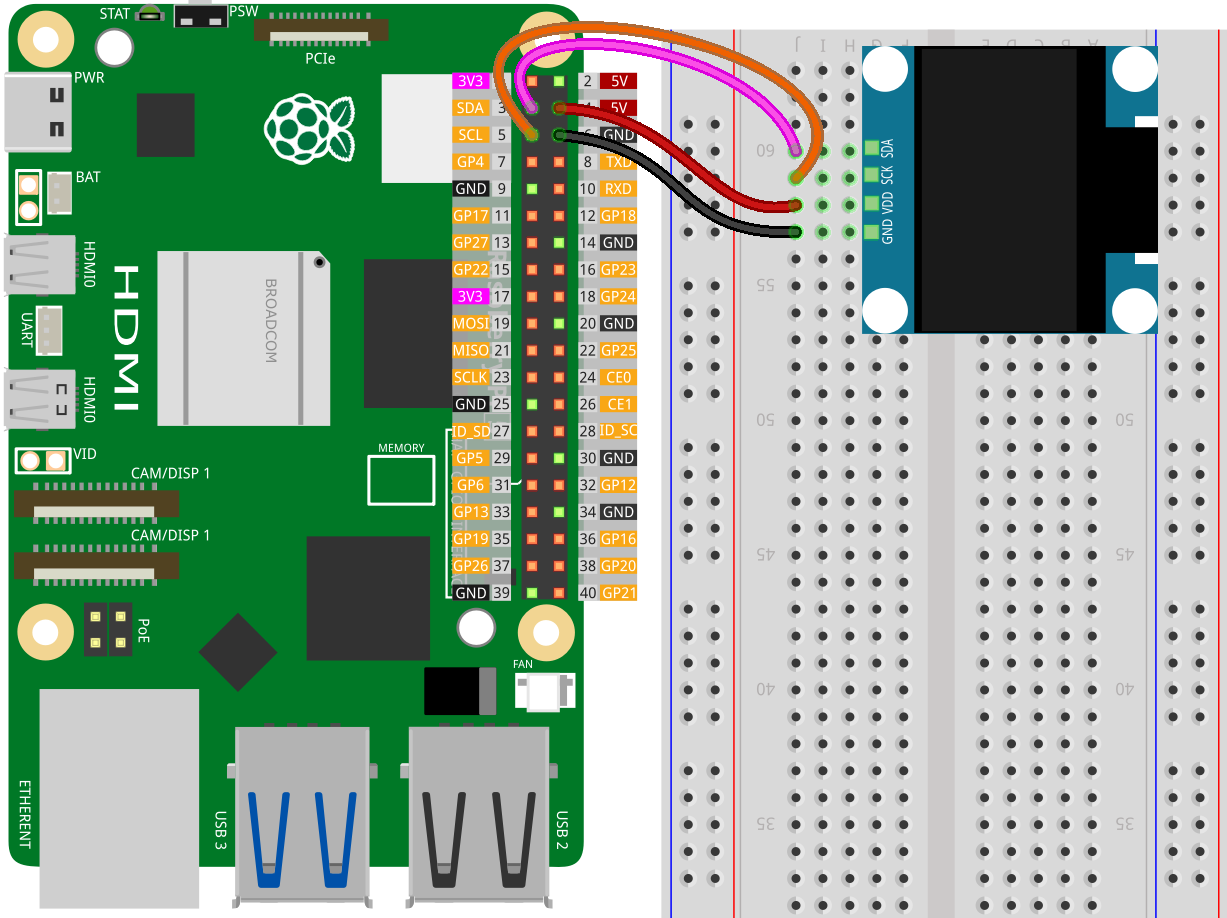
OLED ssd1306 interface with Raspberry Pi using WiringPi
OLED ssd1306 display interface with Raspberry Pi using WiringPi
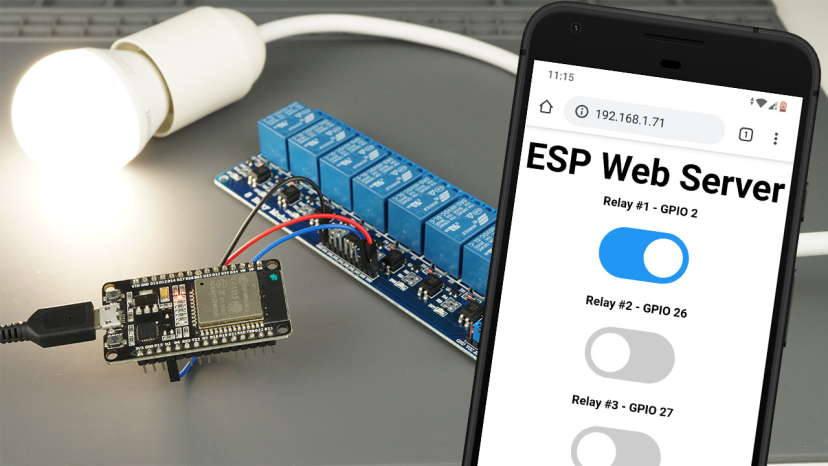
ESP32 lvgl touch display control multiple relay
To control a 4-channel relay using an ESP32 with a touch display (via LVGL library), you can integrate the relay control with a graphical user interface (GUI).
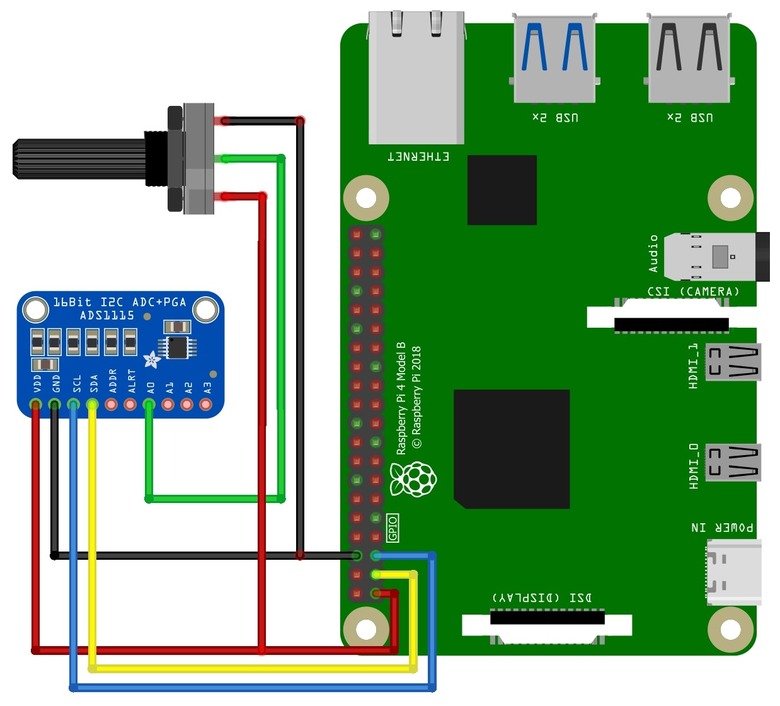
Interface the ADS1115 adc with a Raspberry Pi using WiringPi
Interface the ADS1115 analog-to-digital converter (ADC) with a Raspberry Pi using WiringPi
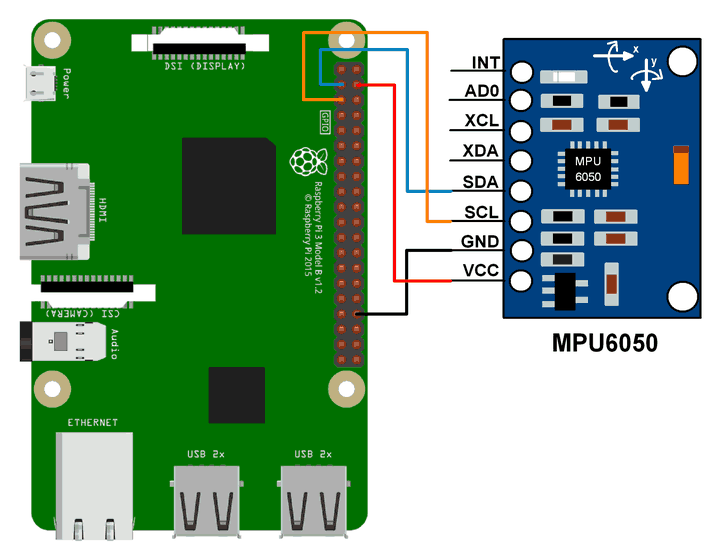
MPU6050 sensor interface with Raspberry Pi using WiringPi
MPU6050 Accelerometer and Gyroscope interface with Raspberry Pi using WiringPi

ESP32 Wifi http get and post method request
To perform HTTP GET and HTTP POST requests on an ESP32, you can use the WiFi and HTTPClient libraries.